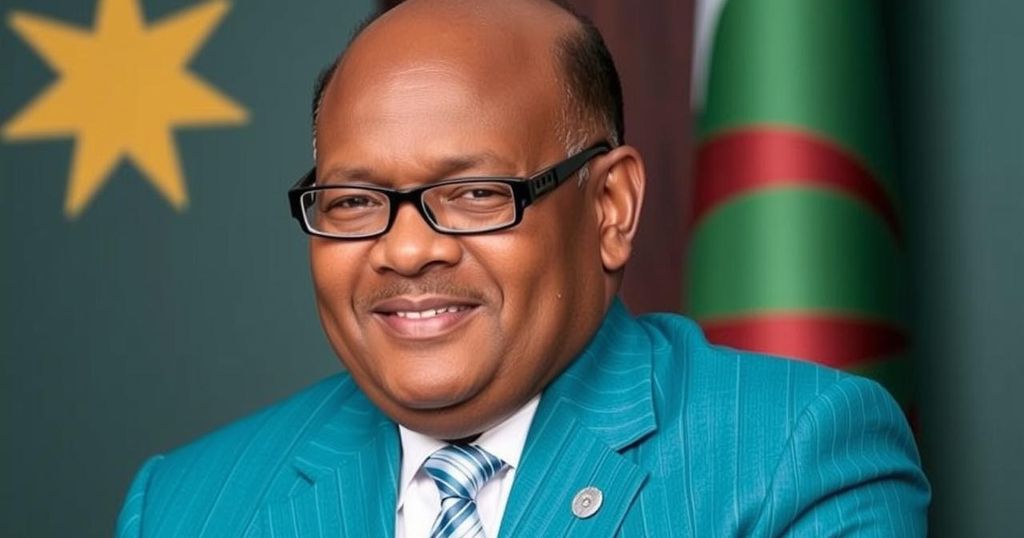Namibia’s opposition IPC refuses to acknowledge the election results, citing significant electoral malpractices and logistical issues. presidential candidate Panduleni Itula demands legal action and reports mismanagement, while initial results show Swapo’s candidate leading. As discontent rises, political stability in Namibia faces challenges similar to other regional liberation movements.
Namibia’s principal opposition party, the Independent Patriots for Change (IPC), has declared its refusal to accept the results from the recent general election, citing numerous logistical issues and a lack of adequate ballot materials. Presidential candidate Panduleni Itula expressed concerns regarding what he described as “glaring and undeniable” electoral malpractices, aiming to unseat the candidate from the South West Africa People’s Organisation (Swapo), which has maintained power since the nation’s independence in 1990.
The elections began on Wednesday, extended into Saturday due to material shortages and technical failures. Approximately three million Namibians are eligible voters, with about half registered. At a press conference, Itula emphasized, “We shall not, under any circumstances, recognise the outcome of the 2024 election… that is still, in our opinion, illegitimately continuing,” urging supporters to remain calm amid the turmoil. The IPC plans to seek legal action and has encouraged disenfranchised citizens to file complaints with authorities.
Preliminary counts indicate Swapo’s candidate, Netumbo Nandi-Ndaitwah, leading with 48% of the vote, while Itula trails with 30%. To avoid a run-off election, a candidate must secure over half of the votes cast. Although Swapo historically dominated Namibian politics, public support appeared to decline, evidenced by a drop below 60% in the previous election in 2019. Similar challenges have confronted other liberation movements, with recent political shifts in neighboring countries revealing a trend of diminishing electoral strength for long-serving parties.
Namibia has been a stable democracy since gaining independence from South Africa in 1990, yet dissatisfaction with long-standing governing parties has been mounting. The IPC, which emerged as a significant opposition force, has raised concerns over the integrity of electoral processes following reports of mismanagement by the electoral commission during the recent election. This situation highlights ongoing political tensions and evolving dynamics within the country’s governance, reflecting broader challenges faced by liberation movements throughout Southern Africa.
The IPC’s refusal to recognize the election results underscores escalating political tensions in Namibia. With Panduleni Itula at the forefront, the party’s call for justice through legal avenues and the report of mismanagement signal a critical juncture for Namibia’s democratic processes. As preliminary results suggest a potential run-off, the future of Swapo’s dominance remains uncertain amid a shifting political landscape in Southern Africa.
Original Source: www.bbc.co.uk






